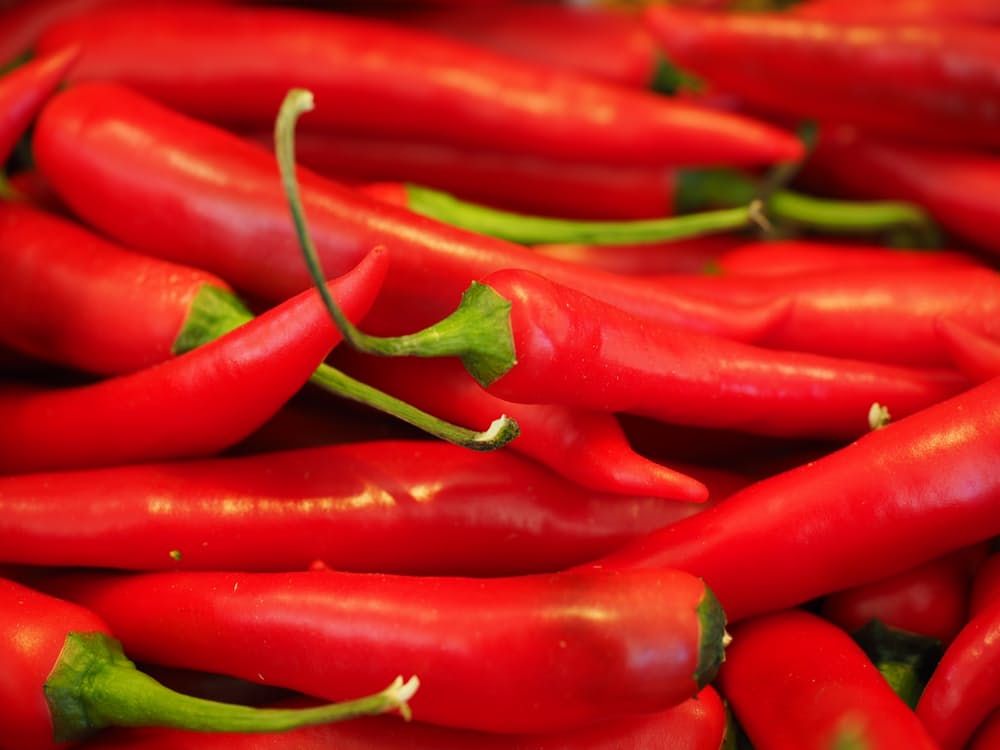3 Foods that May Be Healthier than You Think
“Don’t eat that! It’ll give you cancer!”
“Feeling low on energy? Just start eating this everyday!”
Sound familiar? People are constantly talking about how this food is going to rot your insides, and how that food is sure to extend your life by ten years. Statements like this usually don’t come from nutrition experts, who understand the complexity and versatility of the human digestive system.
By listening to these fad-facts, you may be missing something in your diet plans, or you could needlessly deprive yourself of your favourite foods. Well, lucky for you, we’re about to expose the truth about some popular foods that seem to have gotten a bad rap over the years, and may, in fact, be healthier than you think!
1. Coffee
Starting the day with a cup of coffee is habitual for the majority of adults, but is this really a healthy habit? Well, in a way, yes.
Before we go on, for a fair and balanced assessment of coffee, we would like to mention:
- Adding sugar, artificial sweeteners and/or cream changes the nutritional qualities of what’s in your coffee mug. Sugar in particular has been well-studied, and can be detrimental in large amounts or if consumed regularly.
- High caffeine intake has also been shown to have negative effects on your body (Mayo clinic says 500 mg of caffeine or more – equivalent to 7 cups of instant coffee – may cause “nervousness, anxiety, jitteriness, sleep problems, gastrointestinal disturbances, tremors, increased heart rate and even death.”)
Source: https://www.medicalnewstoday.com/articles/307526.php - Your individual genetic make-up plays a role in how your body responds to caffeine too, meaning any general recommendations may not apply to your body.
Recent research revealed an inflammatory process that might act as a catalyst to the development of cardiovascular disease in older adults. The research also found that the consumption of caffeine can counter this inflammatory process. A 2015 study found that regular intake of coffee – anywhere from one to five cups per day – may counteract poor heart health in adults, and in turn, increase longevity.
Caffeine has several other health benefits, as well. First, it may help to reduce the risk of incredibly common diseases, such as type-2 diabetes, Parkinson’s disease, and Alzheimer’s disease. And second, it has been known to improve various elements of athletic performance, like running speed.
Article: https://www.medicalnewstoday.com/articles/315300.php
More about Caffeine
Currently, there’s no specific daily intake limit for caffeine, as high intake has not been conclusively shown to cause health problems. Some nutritionists have suggested a limit, for example Aussie authorities suggest a maximum amount of caffeine equivalent to three cups of coffee per day.
Source: Food Standards Australia
But what about other caffeinated beverages? While coffee, tea, and cocoa are natural sources, caffeine is also found in other things like sodas and energy drinks. Again, the other contents of your drink matter, as a teaspoon of sugar in your coffee isn’t even close to the amount of sugar in a soft drink.
So how can you remain healthy with your caffeine intake? This can be done by simply educating yourself about various caffeinated foods and drinks, reading individual product labels, and being aware of the amount of caffeine you’re ingesting on a daily basis. Avoid making your tea or coffee a liquid dessert with other additives.
2. Chili Peppers
Are you an ultimate spicy food lover, but tend to stay away because of the unwanted gas and heartburn it seems to bring? Understandable. But this might change your mind…
New research shows that eating red hot chili peppers may help add some years to your life! This is due to the fiery flavor-inducing compound called capsaicin, which can offer a whole wealth of health benefits. One study found that capsaicin can slow down a specific type of breast cancer (triple-negative breast cancer), and another one found the compound to potentially reduce the risk of colorectal cancer.
Full article: Medical News Today
3. Chocolate
Last but definitely not least, it’s every chocolate lover’s dream come true: Chocolate can be good for you!
Over the years, dark chocolate has been extensively studied for its health benefits, and as it turns out, the yummy treat has quite a few of them! For one, dark chocolate has been associated with better cognitive performance in the elderly population. In addition, dark chocolate decreases cholesterol levels and reduces blood clots. Studies also show that dark chocolate has the ability to improve blood vessel health and decrease blood pressure in overweight individuals.
Why dark chocolate? It has more cocoa, which contains the health-boosting compounds. This doesn’t mean that you should start stuffing your face with any and all dark chocolate, obviously, as sugar is another major ingredient. As a general rule, you should look for chocolate with a cacao level of 60% or higher, as this indicates more antioxidants. Read food labels to understand the sugar content, and try to stick to only one to two squares per day, at mealtimes. This increases your nutritional diversity, as opposed to eating chocolate only, which decreases it.
How can HSG help?
Holistic Services Group knows that there is a plethora of information out there giving you mixed ideas about what’s wrong and what’s right, and about what’s good for you and what’s not. Don’t worry, we’re here to help.
HSG offers a variety of nutrition-based seminars and demonstrations, filled with the most up-to-date and accurate information. With our workshops, you and your employees can learn all about nutrition and health, and will be provided with the knowledge, power, and tools to effectively make healthy choices inside and outside of the workplace.
Click the links below to get more information:
Learn more about our Corporate Nutrition Seminars
Check out our Team Building Cooking Classes
Find more info on our Healthy Cooking Demonstrations here









